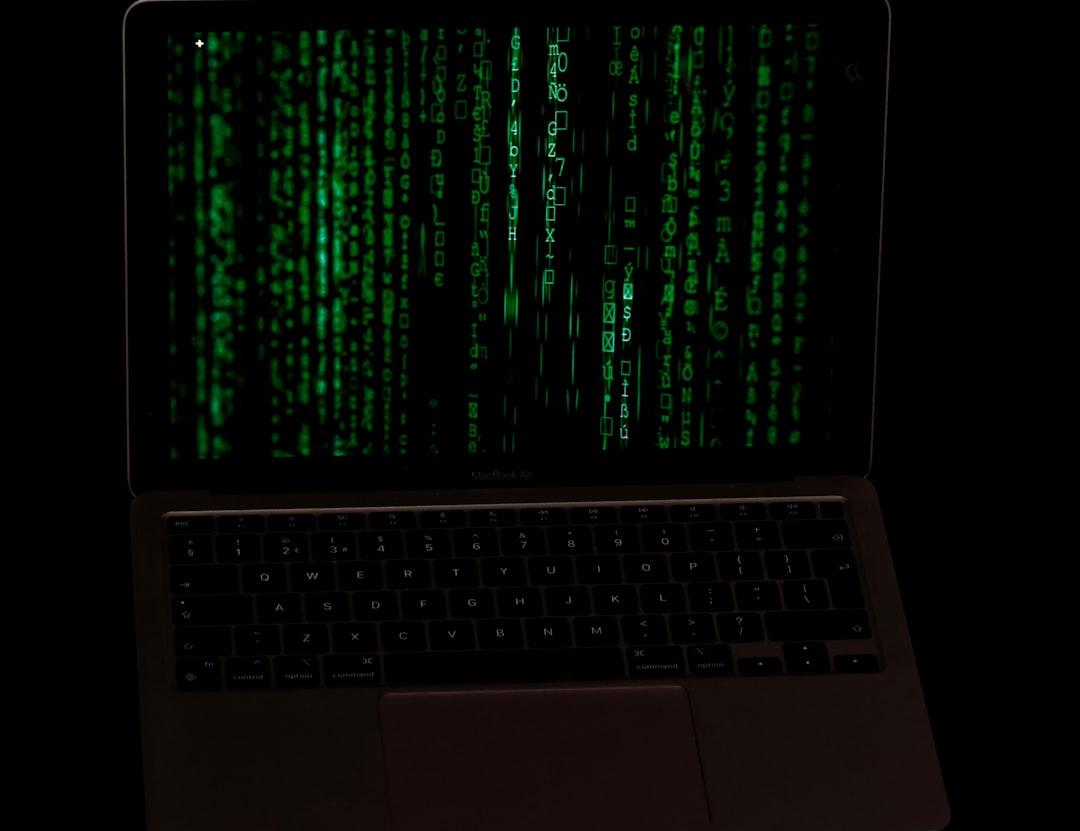Virtual Private Networks (VPNs) have become essential tools for internet users seeking privacy, security, and freedom online. As one of the most developed and connected countries in the world, the United States sees significant VPN usage for a variety of purposes—from maintaining anonymity and securing public Wi-Fi connections to accessing geo-restricted content. However, a common question arises: Do all VPNs work in the USA? The answer is more nuanced than a simple yes or no.
Understanding VPN Compatibility in the USA
Technically, most VPN services are designed to function globally, including in the United States. Unlike some countries with strict internet censorship laws—such as China or Iran—the U.S. does not currently ban or limit VPN usage. This means that, in theory, any reputable VPN should work well within the borders of the United States. However, there are important factors to consider that may affect whether a particular VPN is effective and reliable in the U.S.
Factors That Determine Whether a VPN Will Work in the USA
While VPNs are generally legal and accessible in the U.S., several elements influence their usability and performance:
- Server Infrastructure: A VPN that works well in Europe or Asia might not offer adequate speed or server locations in the U.S. It’s important that a VPN has a network of servers physically located in the United States to ensure optimal performance for U.S.-based users.
- Speed and Bandwidth: High-speed connections are essential for activities like streaming or online gaming. VPNs with overloaded servers or poor infrastructure may result in sluggish connections, making them impractical for American users.
- Legal Compliance: Some VPNs based in foreign countries might not comply with U.S. regulations. This can affect the stability of their applications and even raise questions regarding user data safety.
- Streaming Service Compatibility: Not all VPNs can bypass geo-restrictions on platforms like Netflix, Hulu, or Amazon Prime. U.S. consumers often use VPNs for this purpose, making compatibility with these services a huge factor.
- Privacy Policies: VPNs headquartered in jurisdictions with strong surveillance alliances (such as Five Eyes countries) must be scrutinized for their data collection and logging policies. Many U.S. VPNs claim to follow “no-log” policies, but consumers should verify these claims through independent reviews and audits.
VPNs That Are Proven to Work Well in the USA
Several VPN providers have earned a reputation for high performance within the United States. Users commonly choose these providers for their combination of speed, security, and customer support:
- ExpressVPN: Known for its consistently fast servers in multiple U.S. cities and robust security protocols.
- NordVPN: Offers thousands of servers in the U.S. and is praised for its high-level encryption and no-logs policy.
- Surfshark: Allows unlimited device connections and reliably unblocks U.S.-based streaming services.
- Proton VPN: A Swiss-based provider known for its strong privacy protections and presence in North America.

Free VPNs in the United States: Proceed with Caution
Many free VPN services claim to work in the U.S., but not all deliver quality performance or security. While some free versions of reputable paid services offer limited access, truly free VPNs often come with downsides:
- Data Limits: Free VPNs often have a strict monthly bandwidth cap, which can make streaming or downloading impossible.
- Limited Server Access: These providers frequently offer access to only a few servers, many of which are heavily congested.
- Privacy Concerns: Some free VPNs have been found to sell user data or serve invasive ads.
Therefore, while some free VPNs work technically in the U.S., their practical usability is often limited. Investing in a reputable paid VPN service is generally the safer and more effective choice.
Are There Any Restrictions Within the United States?
The U.S. government does not impose legal restrictions on VPN use for lawful purposes. However, using VPNs to engage in illegal activities, such as cybercrime or piracy, is against the law regardless of location. Furthermore, some schools, workplaces, or organizations may block VPN use on their networks to control bandwidth or prevent access to restricted content.
Image not found in postmetaConclusion
Not all VPNs are created equal—while most technically function in the United States, only a subset offer the reliability, speed, and security American users require. Factors like server availability, compatibility with streaming platforms, privacy policies, and legal standing all play major roles in determining a VPN’s usefulness in the U.S. landscape.
If you’re considering a VPN for use in the United States, take time to research reputable services, read independent reviews, and ensure the provider aligns with your specific use-case needs. With the right choice, a VPN can be a powerful tool for ensuring your safety, privacy, and digital freedom online.
